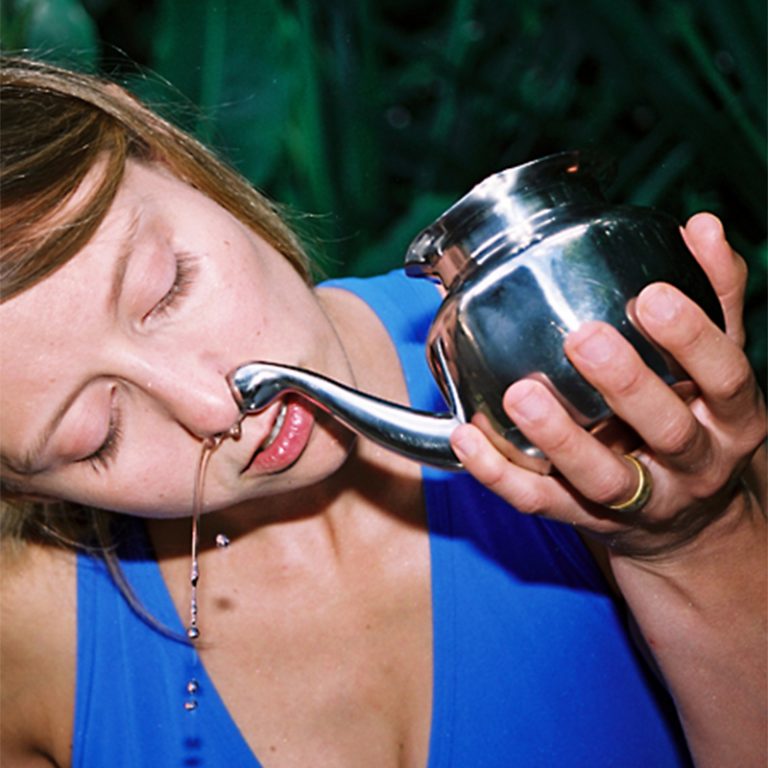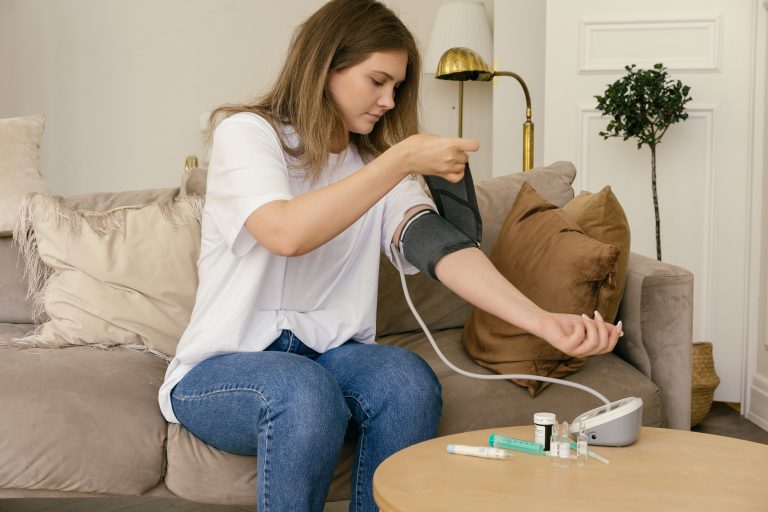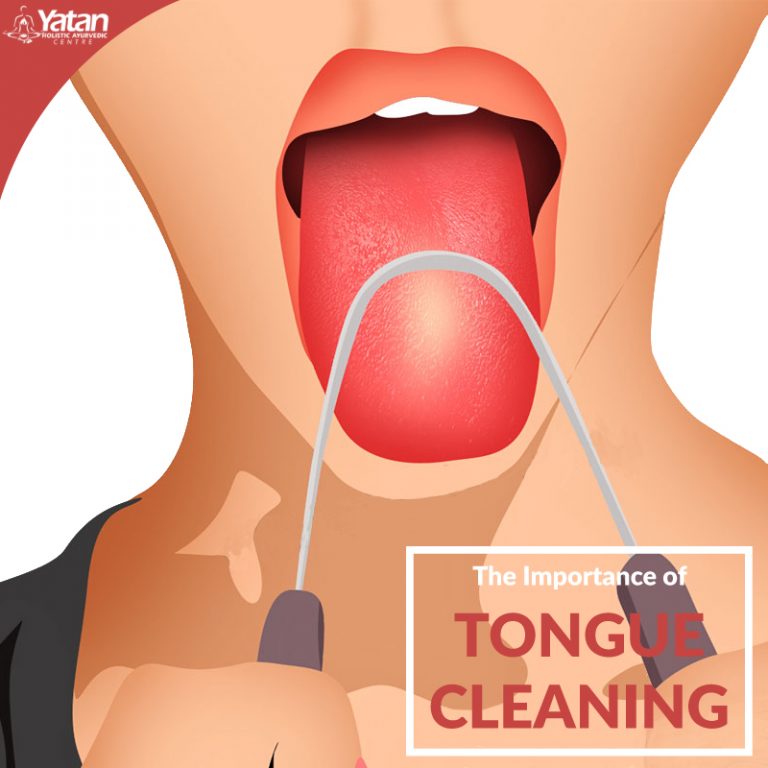
How Lifestyle Changes can Solve 65% of Your Health Problems
Since time immemorial, Ayurveda has realized that our body is related to the sun and the moon. As the sun rises, and the moon appears at night, our body adapts its biological rhythm, so it is synchronized with the Earth’s revolutions.
The Science Behind Circadian Rhythms
Circadian rhythms are physical, behavioral, and mental changes that follow a daily cycle. Ayurveda describes in depth, in a practical way, the type and quantity of foods we should eat, when and how much sleep, exercise and other lifestyle factors we require, to be in sync with these daily and seasonal cycles of nature, and maintain good health.
Highlighting the importance of these circadian rhythms to our life, the 2017 Nobel prize for medicine was awarded to three American scientists for their discoveries describing the molecular genetic mechanisms controlling circadian rhythms, and how these biological clocks (proteins), found in every nearly every tissue and organ, help to regulate sleep patterns, eating habits and digestion, hormone release, body temperature, blood pressure and other biological activities.It has been found that the circadian clock also controls the expression of many genes. A master clock,a group of 20,000 neurons located in the hypothalamus,coordinates all the biological clocks and the production of melatonin (a hormone to make us sleepy), receiving direct input about the incoming light from our eyes. A result of natural selection, to provide an evolutionary advantage, the presence of biological clocks allows the body to anticipate changes in environmental conditions and to be prepared before they occur, rather than reacting to stimuli.
 ”
”
However, our modern lifestyle, use of electronic devices late into the night, shift-work and international travel all change the light-dark cycle, which then speed up or slow down our biological clocks, resulting in disrupted circadian rhythms. These irregular rhythms can affect hormone release, digestion and many body functions eventually resulting in heart disease, insulin resistance, obesity, diabetes and other chronic diseases.
The Ayurvedic Circadian Clock
Ayurvedic medicine is based on the theory of Tridosha – three primary energies or governing principles of nature, known as Doshas – Vata, Pitta, and Kapha; and Panchamahabhoota (the five basic elements – air, water, earth, fire, and ether). The doshas are formed of different proportions of the five elements, and are the intelligence that allows the elements to function together.
From conception, every person has a unique combination of vata (air and ether), pitta (fire and water) and kapha (water and earth) known as Prakriti – and typically one or two doshas predominate to form your body constitution, resulting in the expression of certain physical characteristics, behaviours, personality traits and disease predispositions. Vikruti means “after creation” and is the state of the three doshas at any point in time after conception. When Vikruti differs from Prakruti, there is an imbalance of the doshas resulting in a disturbance of normal physiology. This imbalance can be a result of lifestyle factors and/or the environment the person lives in.
Although described with different terminology, the latest scientific research validates the ancient Ayurvedic concepts of Dinacharya (daily routine), and Vata, Pitta, and Kapha times of day – an Ayurvedic Circadian Clock. Ayurveda has described a 24-hour day divided into two 12-hour cycles that each have a 4-hour period where one dosha is dominant.
The seasons also have distinct characteristics where one dosha is dominant. Due to this, Ayurveda also describes Ritucharya (seasonal regimes).
By considering your Vikruki and the time of day and season, appropriate lifestyle and dietary guidelines can be prescribed as your daily routine. By following a customized daily routine, you are sure to be carrying out activities, such as eating, sleeping, exercising, taking medicines etc, at the optimal time to enhance rather than hinder your body’s biological processes. This minimizes the risk of disrupting your circadian rhythms and promotes maximum wellbeing.
Daily Routine
By following the right daily routine, you can avoid many health complications and feel more energetic.
- In the morning, you should ideally wake up before the sun rises, i.e. 6 am (can change according to seasons and countries) because our mitochondrial energy activates after the sun rises and our body cells start to become automatically active.
- When you get up in the morning, the first thing you should do is go to the toilet, then you should brush your teeth, after that you should scrape your tongue, then drink warm/cold water according to your body type. For example – If you are a Vata type then take warm water, if you are a Pitta type then take room temperature water and if you are a Kapha type then take hot/warm water. This activity stimulates the metabolic system for the whole day.
- After doing the above-mentioned things, have a shower, and then you should have breakfast before 8 o’clock because as the sun fully rises, the mitochondria also become fully active and releases a high level of energy. The type of breakfast also depends on your body type. For example – if you are a Vata type and you take cold breakfast like yogurt etc., the vata will not disperse and will move on to the upper part of the body, and you will feel very lethargic the whole day. A Vata type needs something warm to kick-start their bodily function, that is how Vata can be pacified and you can feel more energized. These kinds of things affect you more as you age – when younger you have high level of hormones and enzymes, and so it will affect you less.
- In the afternoon, you should have your lunch before 1 o’clock because as the sun reaches the top of the earth, sunrays fall directly on us. This results in increase of temperature in the atmosphere, thus the heat in our body starts to increase and our mitochondrial functions start to increase and at that time the body has biological demands too. If instead you have taken lunch after 2 o’clock or at 3 o’clock then by that time the body has already used most of its energy, making you feel exhausted.
- Similarly, you should have your dinner at the time of sunset or immediately after the sunset (around 6 pm), because as the night approaches, the flow of digestive enzymes starts to slow down and the food is difficult to digest, so you would require more energy to digest the food as the level of digestive enzymes has dropped in our body.
- As to the appropriate time of sleep – the body starts to relax as the evening proceeds and that is your signal that you should sleep. So, if you sleep at 10 o’clock then your body functions properly and you will feel fresh in the morning, but if you don’t sleep till 12 o’clock or 12:30, on a regular basis then your circadian rhythm can get disrupted. There is no immediate complication of this but later in your life, many health problems can occur in your body.
Tip
Treat your body like a baby. By this I mean, that if you have a baby you have to realize on your own that if the baby is hungry or sleepy as they can’t talk themselves. You need to understand their necessities and provide them food, change their nappies, etc. So similarly you have to listen to your body and realize what your body wants, and take action accordingly – don’t go against your body’s natural signals by staying up late, eating late in the evening etc.
The information provided is of general nature to provide a fair idea of how a lifestyle program works and how it is beneficial. At Yatan Holistic Ayurvedic Centre, we provide custom advice according to your body type and your specific needs.
For further information on how our Ayurvedic approach to wellness can benefit you please call our Yatan clinic on 1300552260.



